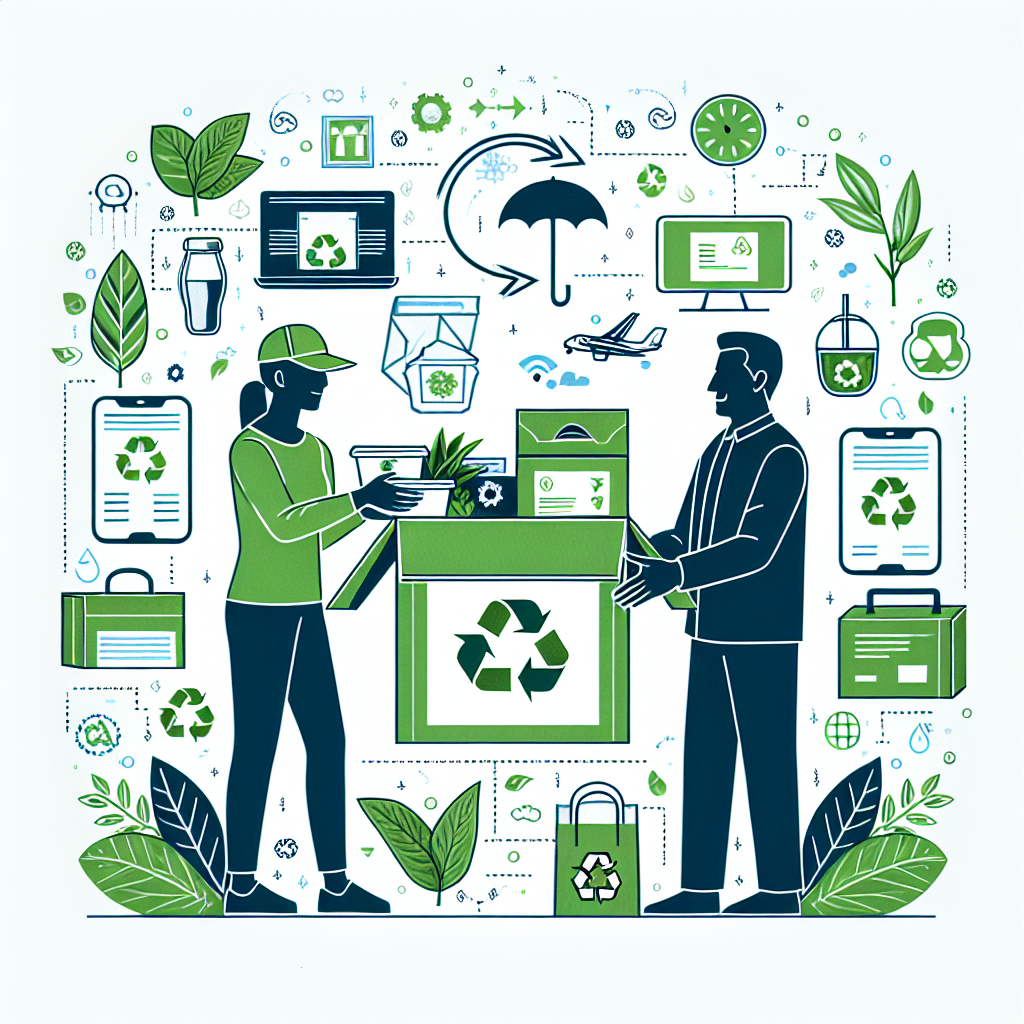In today’s fast-paced world, meal delivery services have revolutionized the way we eat. Whether it’s a busy professional grabbing dinner after a long day or a young family seeking a quick meal solution, the convenience of having delicious food delivered right to your doorstep is undeniable. However, as consumers become more conscious of their environmental impact, one critical aspect of this industry is getting more attention: sustainable packaging. In this article, we will explore customer expectations regarding sustainable packaging in meal delivery services and how companies can step up to meet these rising demands.
The Growing Demand for Sustainable Practices
Understanding Consumer Awareness
In recent years, customer awareness of environmental issues has surged. More individuals recognize that their purchasing decisions impact the planet. A 2021 survey by 5W Public Relations found that 76% of consumers believe businesses should take the lead in implementing sustainable practices. As customers become more mindful, they are now looking beyond the food itself—they want to know how it’s packaged.
The Shift Towards Eco-Friendly Solutions
This shift in consumer perspective has driven meal delivery services to rethink their packaging strategies. Traditional materials like plastic and styrofoam are now viewed with skepticism. With options like biodegradable containers, compostable wrapping, and recyclable materials, meal delivery companies can align their offerings with the values of their environmentally-conscious clientele.
Customer Expectations for Meal Delivery Services
Prioritizing Sustainability
When customers choose meal delivery services, they look for eco-friendly packaging options. They expect their favorite companies to prioritize sustainability alongside quality and convenience. Studies show that 73% of millennials are willing to pay more for sustainable products. For meal delivery services, this means that incorporating sustainable packaging is no longer just a nice-to-have; it has become a competitive differentiator.
Transparency and Education
Consumers today value transparency. They want to know what materials are used in packaging and how these impact the environment. Meal delivery services that take the time to educate their customers about their sustainable practices foster trust and loyalty. This could include providing details on their website or including informative inserts in their meal boxes.
How Meal Delivery Services Can Make a Difference
Innovating with Sustainable Materials
There are numerous ways meal delivery services can innovate with sustainable materials. Options such as plant-based plastics, recycled paper, and reusable packaging systems can make a substantial impact. Companies can invest in partnerships with sustainable packaging suppliers to create custom solutions that meet their operational needs while minimizing environmental footprints.
Implementing Efficient Packaging Designs
To reduce waste, meal delivery services can adopt more efficient packaging designs. By optimizing box sizes and minimizing excess materials, companies can decrease their overall waste output. Techniques like “nesting” items together within containers can also reduce the materials used and provide customers with an appealing presentation of their meals.
Encouraging Customer Participation
Meal delivery services can invite customers to participate in sustainability efforts by introducing incentives for returning packaging. Rewarding customers for returning reusable containers or providing discount codes for eco-conscious choices can foster a community around sustainability. This not only enhances customer loyalty but also reinforces the company’s commitment to the environment.
The Business Case for Sustainable Packaging
Attracting a Broader Audience
Embracing sustainable packaging can help meal delivery services attract a broader customer base. Eco-conscious consumers are increasingly seeking companies that align with their values, leading to potential new customer acquisitions. Additionally, many consumers are more likely to recommend a meal delivery service if they believe it positively impacts the environment.
Increasing Brand Loyalty
Trust and loyalty are paramount in customer relationships. As businesses strive to integrate sustainable practices into their operations, they can develop a reputation as industry leaders committed to positive environmental change. Customers are likely to remain loyal to brands that align with their values and contribute to a cleaner, more sustainable future.
Conclusion: A Path Forward for Meal Delivery Services
The expectation for sustainable packaging is becoming the norm rather than the exception. Meal delivery services have a unique opportunity to lead the charge in sustainable practices within the food industry. By understanding customer expectations, innovating packaging materials, and promoting transparency, these companies can not only meet demand but also create a meaningful impact on the environment.
As we continue to navigate the complexities of consumer preferences and environmental responsibility, meal delivery services can be a beacon of change. By prioritizing sustainable packaging, they can deliver not just meals but a promise of a greener, cleaner planet—a meal service that customers can feel good about!


